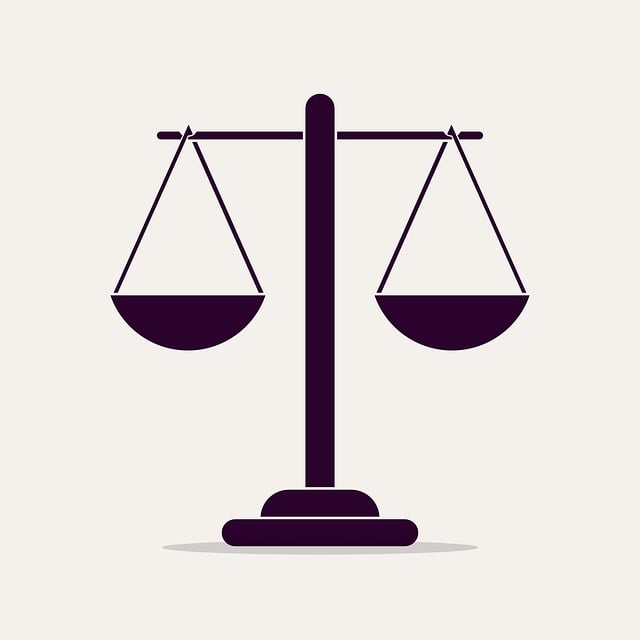Consumer protection laws safeguard individuals from exploitative practices, including unfair labor, discrimination, and retaliation in the workplace. Understanding and identifying these violations is crucial for legal experts, employees, and employers to maintain ethical business environments. Legal actions like class-action suits have led to significant financial settlements and improved safety standards, holding businesses accountable for Examples of Workplace Rights Violations.
Consumer protection suits play a vital role in safeguarding individuals from unfair business practices. This comprehensive guide delves into the intricate world of consumer rights, focusing on workplace violations. We explore how laws protect employees from common abuses, such as wage theft and discriminatory hiring. By examining real-world examples and successful cases, we highlight the impact of these suits, offering valuable insights into enforcing workplace rights violations and ensuring justice for consumers.
- Understanding Consumer Protection Laws
- Common Workplace Rights Violations
- Examples and Case Studies of Successful Suits
Understanding Consumer Protection Laws

Consumer protection laws are designed to safeguard individuals from unfair practices and ensure businesses operate responsibly. These laws cover a wide range of issues, including product safety, advertising integrity, and fair pricing. Understanding these regulations is crucial for both consumers and businesses alike. For example, companies must adhere to strict guidelines when marketing products, ensuring that claims made about their goods or services are accurate and not misleading. Violations of such rules can lead to high-stakes cases, with significant fines and legal repercussions.
In the realm of consumer protection, recognizing Examples of Workplace Rights Violations is essential. White collar defenses often arise in situations where employees believe their rights have been infringed upon. These violations can range from unfair labor practices to discrimination or retaliation. Avoiding indictment in such cases requires meticulous record-keeping and adherence to legal protocols, ensuring businesses maintain a transparent and ethical work environment.
Common Workplace Rights Violations

In the realm of consumer protection suits, understanding common workplace rights violations is paramount for both legal professionals and consumers alike. Examples of workplace rights violations span a wide range, from unfair labor practices to discrimination and harassment. These issues often surface during all stages of the investigative and enforcement process, underscoring their significance in high-stakes cases.
Specific instances may include unequal pay based on gender or race, unsafe working conditions that disregard employee welfare, and wrongful termination without just cause. Such violations can significantly impact individuals’ lives, making it crucial for respective businesses to uphold ethical standards. This is particularly important given the visibility and potential reach of modern consumer protection lawsuits, which can serve as a powerful tool to enforce these rights and foster a fairer business environment.
Examples and Case Studies of Successful Suits

In the realm of consumer protection, successful suits serve as a powerful tool to uphold workplace rights and ensure business accountability. Examples of notable cases include those where employees have been subjected to unfair labor practices, discrimination, or harassment. For instance, a class-action suit against a major retail corporation revealed widespread wage theft and unsafe working conditions, leading to a settlement that provided significant financial relief and structural changes to protect future workers.
Another compelling case study involves a small business owner who brought a general criminal defense against a large manufacturing company for selling defective products. The lawsuit not only resulted in a complete dismissal of all charges against the client but also prompted the company to implement stricter quality control measures, thereby enhancing consumer safety and satisfaction. These real-life scenarios underscore the importance of legal action in addressing Examples of Workplace Rights Violations and upholding the rights of both consumers and workers alike.
Consumer protection suits play a vital role in ensuring businesses uphold their responsibilities to customers. By understanding the laws, recognizing common workplace rights violations like those discussed, and examining successful case studies, consumers can navigate their rights and hold companies accountable. These suits not only provide restitution for individuals but also serve as examples of appropriate business conduct, fostering a more transparent and ethical marketplace.






